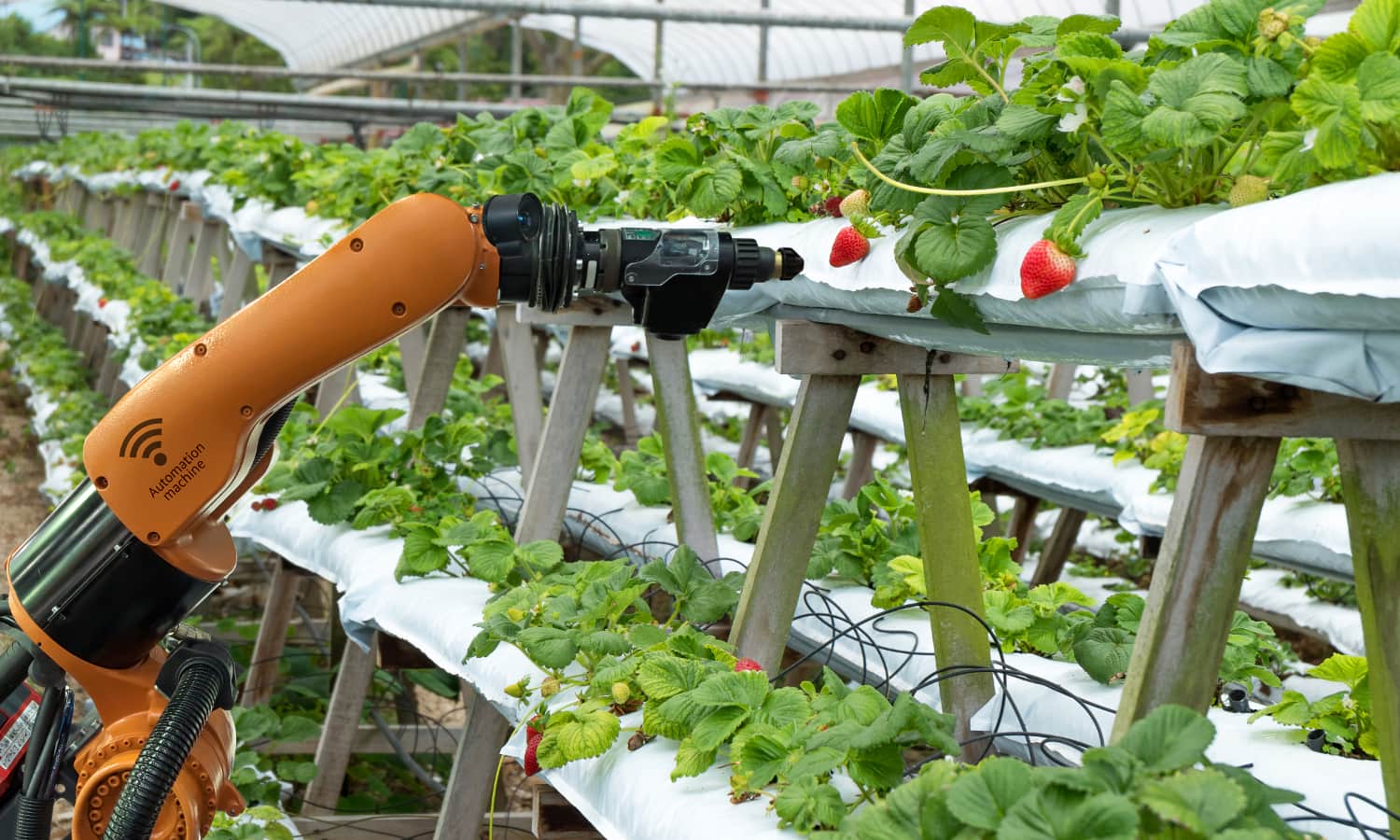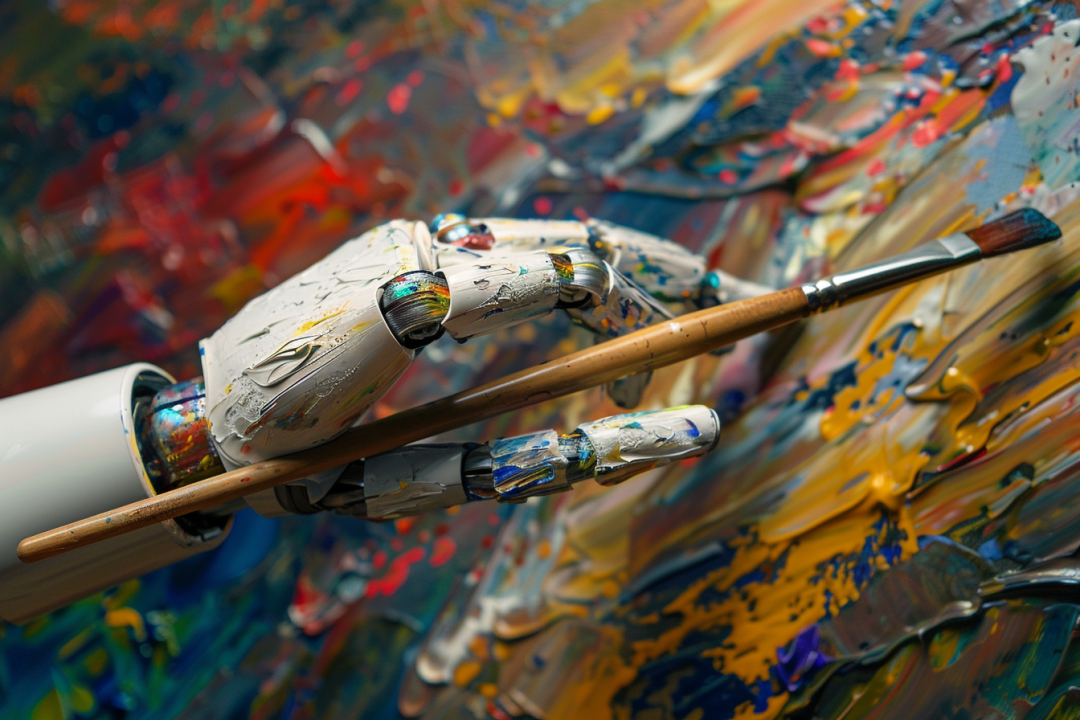This article was authored by Pablo Garcia Quint, a Technology and Innovation Policy Fellow at Libertas Institute.
The world we’ve managed to create over the past decade through machine learning and artificial intelligence is an accomplishment worthy of wonder.
In just a few short years, we’ve already begun using AI systems to optimize traffic management and assist pilots in navigating the skies. In healthcare, AI deep learning used for protein folding has brought personalized healthcare within reach. The healthcare industry has also started utilizing LLMs like Med-Palm2 and Claude to answer patients’ questions and summarize information for staff members – increasing responsiveness to patient needs and clearing up communication breakdowns. We’ve even used AI to help optimize the way we grow food in the agriculture industry, using it to do a range of important functions from analyzing weather patterns to reducing waste, improving crop yields, and field management.
AI is also democratizing access to expensive services, which in turn is transforming industries. For example, generative AI can create personalized advertisements, design websites, and create professional-quality videos for businesses, which allows small businesses to access what only large companies have been able to by hiring agencies with specialized expertise in communication and design. AI is leveling the playing field. LLMs like Google’s Gemini or ChatGPT can even generate detailed business ideas tailored to fit specific business models and personal preferences in a matter of seconds.
At a granular level, AI has also ushered in a new era of increased productivity without the resulting increase in worker input. Generative AI apps, like ChatGPT, have been shown to improve work quality by 18 percent and decrease time worked by 40 percent. Some studies have even shown that workers using generative AI increased their output by 66%.
To be clear, despite its many capabilities, AI is ultimately just a tool, not an independent mind. As economist David Autor put it, “tools generally aren’t substitutes for expertise but rather levers for its application.”
Nonetheless, the public’s response to AI as it has rapidly integrated into our everyday lives has been mixed. They range from panic to optimism, to skepticism. Some have even pondered the possibility of AI consciousness.
At a regulatory level, we’ve seen a slew of reactionary regulatory responses to artificial intelligence. Less than a year after the Biden White House released its burdensome Executive Order on AI, California and Hawaii have become the first states to legislate cart blanc, banning or significantly deterring all artificial intelligence development in fear of imagined harm.
Of course, regulators have an important part to play, especially when it comes to cleaning up specific issues that emerge when a new technology is introduced. In the realm of artificial intelligence, issues that have emerged so far include AI-generated deep fakes, bias, disinformation swaying elections, and job displacement, just to mention a few. An excellent example of an appropriate, and specific response to these specific issues can be found in states like Utah’s House Bill 148 and 238 which address sexual deepfakes, and Senate Bill 149 establishing an AI learning lab to collaborate with developers and further educate lawmakers.
Despite fears rooted in the grand ponderings of AI’s imaginative possibilities, we are not at AI’s mercy. It’s actually the other way around. We can either allow developers to build more responsive and useful artificial intelligence, through specific and responsive regulatory collaboration, or we can stop all development and wait for our foreign adversaries to build the AI best suited for their purposes.
Instead of fear-based responses, we should trust in our ability to be vigilant and adapt to challenges as they emerge. The only meaningful way to do that, of course, is to embrace the unknown. What we may find, both the good and the bad, will likely surpass the limitations of our imaginations and inspire wonderment all over again.



